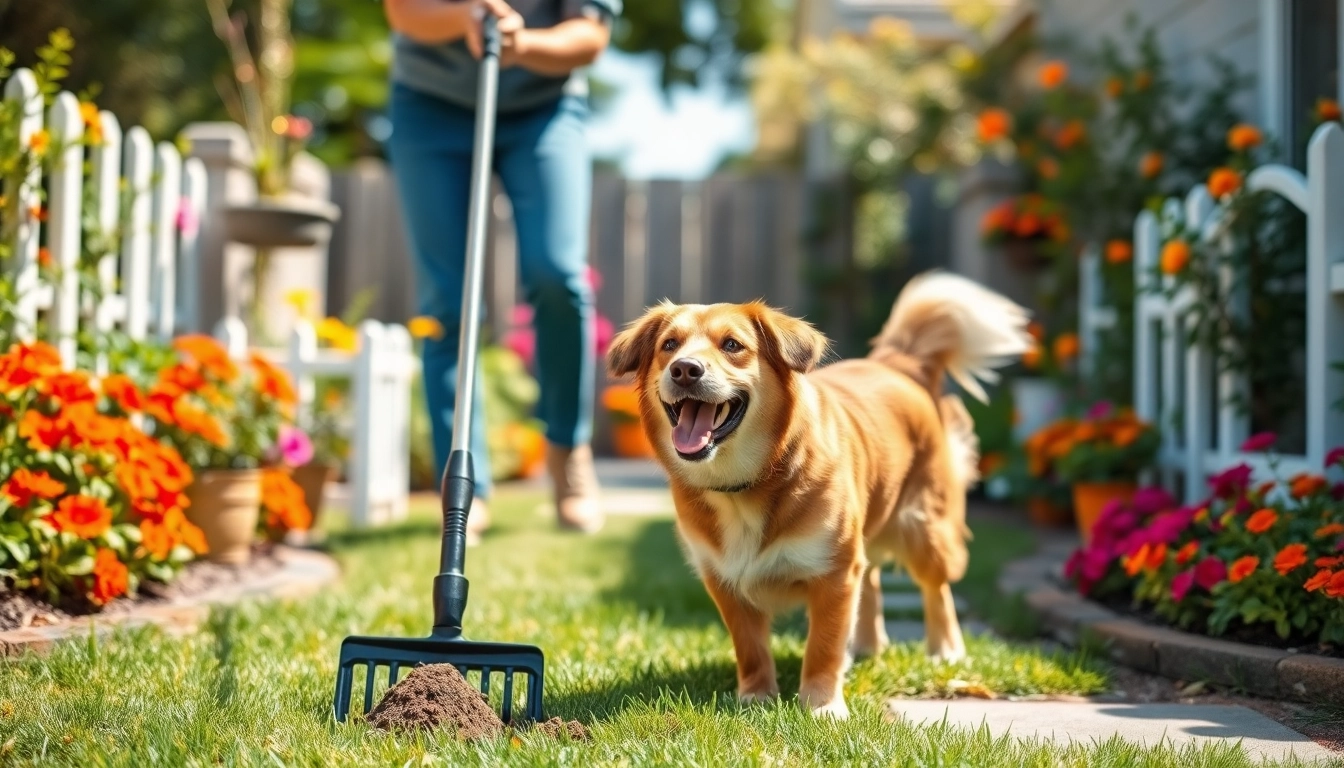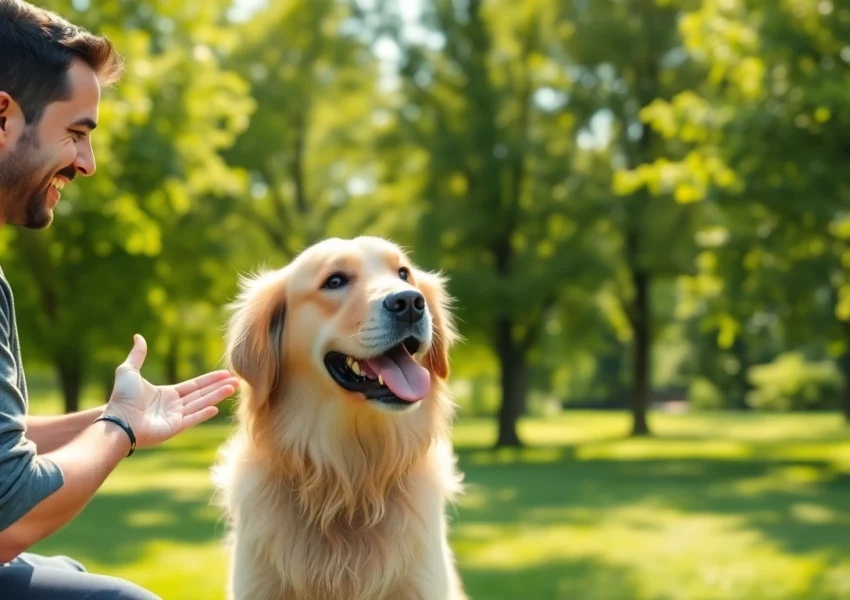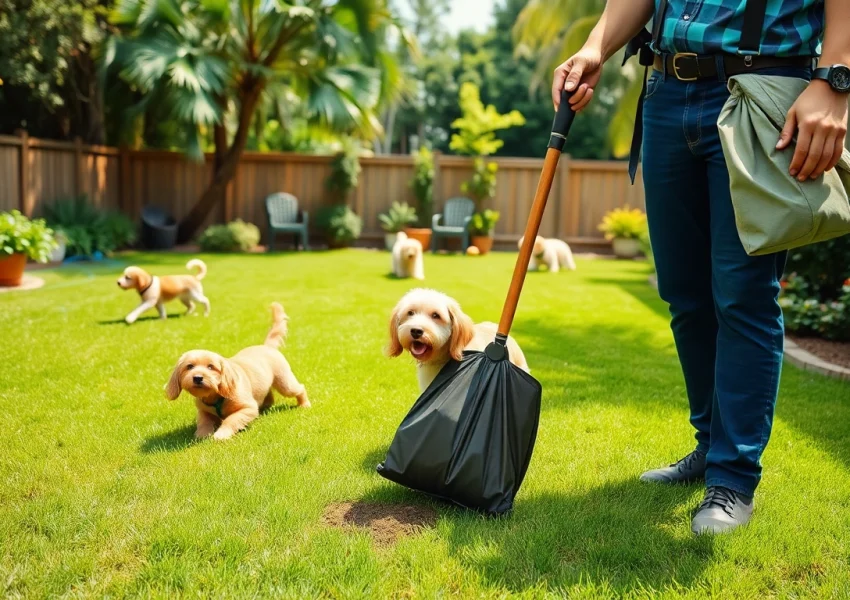Understanding the Importance of Cleaning Up Dog Poop
Cleaning up after our furry friends is a critical responsibility of pet ownership. Not only does it contribute to a cleaner environment, but it also plays a significant role in public health and safety. Failure to manage pet waste can have dire consequences, from spreading diseases to contaminating local water sources. This article explores various aspects related to the clean up dog poop process, helping pet owners understand its importance and implement effective cleanup strategies.
The Health Risks of Dog Waste
Dog waste can harbor a variety of pathogens and parasites that pose significant health risks to humans and other animals. Common culprits include:
- Roundworms and Hookworms: These intestinal parasites can be transmitted to humans, especially children, who may come into contact with contaminated soil or surfaces.
- Giardia: This protozoan parasite causes gastrointestinal illness and can be contracted through water contaminated with dog feces.
- Salmonella: This bacteria can lead to severe gastrointestinal infections in humans and is often found in dog waste.
Furthermore, not cleaning up dog poop can lead to an increase in these health hazards, highlighting the need for responsible waste management.
Environmental Impact of Neglected Waste
In addition to health risks, dog waste can significantly impact the environment. When left unattended, it contributes to:
- Water Pollution: Rain can wash pet waste into nearby water sources, which can lead to nutrient pollution, harm aquatic life, and pose health risks to people using the water.
- Soil Degradation: The buildup of waste can inhibit plant growth, alter the nutrient balance in soils, and affect local flora.
- Odor and Attracting Pests: Accumulated waste can create unpleasant odors and attract flies, rodents, and other pests that can further spread diseases.
These environmental concerns emphasize the importance of promptly cleaning up after dogs, particularly in shared spaces like parks or community yards.
Enhancing Community Cleanliness and Animal Welfare
Cleansing public and private spaces of dog waste not only promotes cleanliness but also fosters community pride and responsibility among pet owners. When everyone participates in maintaining a clean environment, the overall quality of life improves, creating safer spaces for children, adults, and animals alike.
Moreover, managing dog waste plays a part in promoting animal welfare. Areas littered with waste can deter people from spending time outdoors, which is essential for pets’ physical activity and socialization.
Essential Tools for Dog Poop Cleanup
The right tools can make dog waste cleanup easier and more efficient. Here are some essential tools that every dog owner should consider:
Pooper Scoopers: Types and Advantages
Pooper scoopers come in various styles, each designed to serve different needs. Common types include:
- Standard Scoop and Rake: Ideal for hard surfaces such as concrete, these tools offer a simple scoop-and-removal method.
- Long-Handled Scoopers: Perfect for owners who prefer not to bend over, these scoops can reach waste from a standing position.
- Disposable Scoopers: Some products are designed to be used once and discarded, which can be convenient for quick cleanups in public places.
Investing in a quality pooper scooper can save time and hassle while providing a more sanitary cleanup method.
Disposable Bags: Choosing the Right One
When selecting waste bags, consider the following factors:
- Material: Opt for thicker, biodegradable, or compostable bags to reduce environmental impact.
- Size: Ensure the bags are large enough to accommodate the size of your dog’s poop.
- Sealability: Look for bags that can be securely closed to minimize odor and leakage.
Using the right disposable bags not only expedites cleanup but also adheres to eco-friendly practices.
DIY Cleanup Solutions for Cost-Effective Options
For those on a budget, several DIY solutions can assist in cleaning up dog waste efficiently:
- Baking Soda: Sprinkling baking soda on fresh poop can help absorb odors and make it easier to lift away.
- Homemade Pooper Scoopers: Consider repurposing a plastic container or a dustpan as a convenient tool for scooping.
- Wet Wipes: For minor cleanups or indoor accidents, biodegradable wet wipes can offer effective cleaning without harsh chemicals.
These alternatives ensure that dog owners can maintain cleanliness even when professional tools are unavailable.
Step-by-Step Guide to Clean Up Dog Poop
Efficient dog poop cleanup requires a systematic approach. Here’s a detailed guide to help pet owners manage waste effectively:
Best Practices for Outdoor Cleanup
To ensure effective cleanup in outdoor spaces, follow these best practices:
- Be Prepared: Always walk your dog with bags and a pooper scooper to ensure you are ready to clean at any moment.
- Survey Before Cleanup: Assess the area to locate all waste prior to beginning your cleanup.
- Scoop, Don’t Drag: Carefully scoop the poop and lift it directly into the bag, avoiding dragging which can spread mess.
- Dispose Properly: Seal the bag securely and dispose of it in a designated dog waste bin or your trash can.
Indoor Cleanup Techniques for Accidents
Accidents can happen, particularly with puppies or senior dogs. Here’s how to deal with indoor waste:
- Act Quickly: The sooner you can clean up the mess, the easier it will be.
- Use Paper Towels: Blot up solid and wet waste with paper towels before cleaning further.
- Neutralize Odor: Consider using an enzymatic cleaner designed for pet waste removal to deodorize and sanitize the area.
Effective Disposal Methods for Pet Waste
When it comes to disposing of dog poop, adhere to these methods for responsible waste management:
- Trash Disposal: Always place sealed bags in the trash to avoid odors and attracting pests.
- Flush Down the Toilet: In some regions, it’s allowed and highly effective to flush small amounts of dog poop down the toilet, provided you use a biodegradable bag.
- Composting: In certain controlled environments, dog waste can be composted properly using specific methods that ensure it’s safe for the garden.
Tips for Maintaining a Clean Environment
Establishing a routine for maintaining a clean environment is essential. Here are some top tips for pet owners to consider:
Regular Routine for Pet Owners
Consistent cleanup routines prevent waste accumulation and promote a healthier environment:
- Daily Check: Make it a habit to check and clean after your dog daily, particularly in your yard or areas they frequent.
- Weekly Deep Clean: Dedicate time once a week for a more thorough cleaning, especially if multiple pets are present.
Using Waste Management Services
For busy pet owners or those looking for convenience, professional dog waste removal services can be beneficial. These services provide:
- Scheduled Cleanups: Regular visits can keep your yard clean without the hassle of doing it yourself.
- Health Assessments: Professionals can help identify any health issues by monitoring your dog’s waste.
Training Your Dog to Go in Designated Areas
Teaching your dog to relieve themselves in specific spots can make cleanup easier:
- Select a Spot: Choose an area in your yard designated for bathroom breaks.
- Positive Reinforcement: Use treats and praise to encourage your dog to go in the chosen area.
- Consistent Schedule: Take your dog out at regular intervals to foster a routine.
Addressing Common Challenges in Dog Poop Cleanup
Challenges can arise during the cleanup process, but knowing how to tackle them can ease frustration:
Handling Wet or Soft Poop
When it comes to soft stools, the cleanup process can be tricky. Here’s how to manage it effectively:
- Use a Large Piece of Cardboard or a Dog Potty Scoop: For soft poop, using a larger, flat surface can help you scoop without smearing it around.
- Wet Wipes or Paper Towels: For residual mess, wet wipes provide quick cleaning, while paper towels can help lift the mess.
Managing Poop During Winter Months
Winter poses its own challenges for cleaning up after dogs. Consider these tips:
- Layer Up: Wear gloves and waterproof boots to stay comfortable while cleaning in snow and mud.
- Use a Sturdy Scoop: Opt for robust scooping tools that can dig through snow or frozen ground.
Eco-Friendly Disposal Options
Amid increasing environmental awareness, find eco-friendly ways to dispose of dog waste:
- Compost Bins: Special composting systems can break down dog waste into a usable product, provided they’re operated correctly.
- Biodegradable Waste Bags: Utilize bags that break down faster in landfills to reduce environmental impact.
Being a responsible pet owner means not only cleaning up after your dog but doing so in a manner that protects both public health and the environment. With the right approach, tools, and mindset, you can ensure that your dog’s waste does not become a problem for you or your community.






